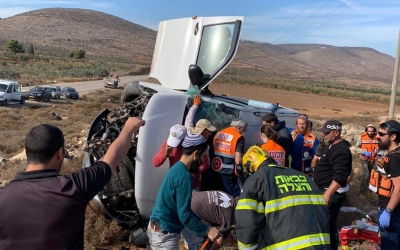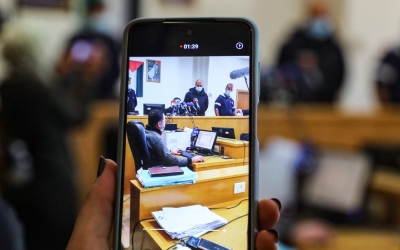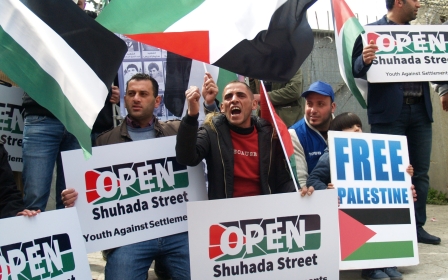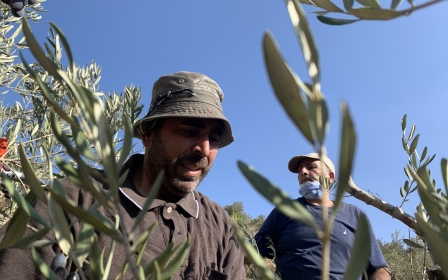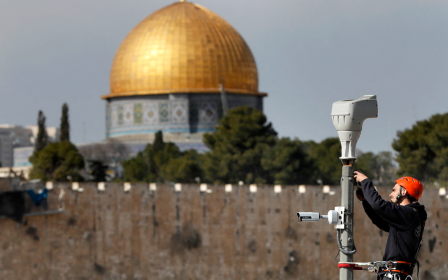Israel’s president to light Hanukkah menorah at Palestinian mosque in Hebron
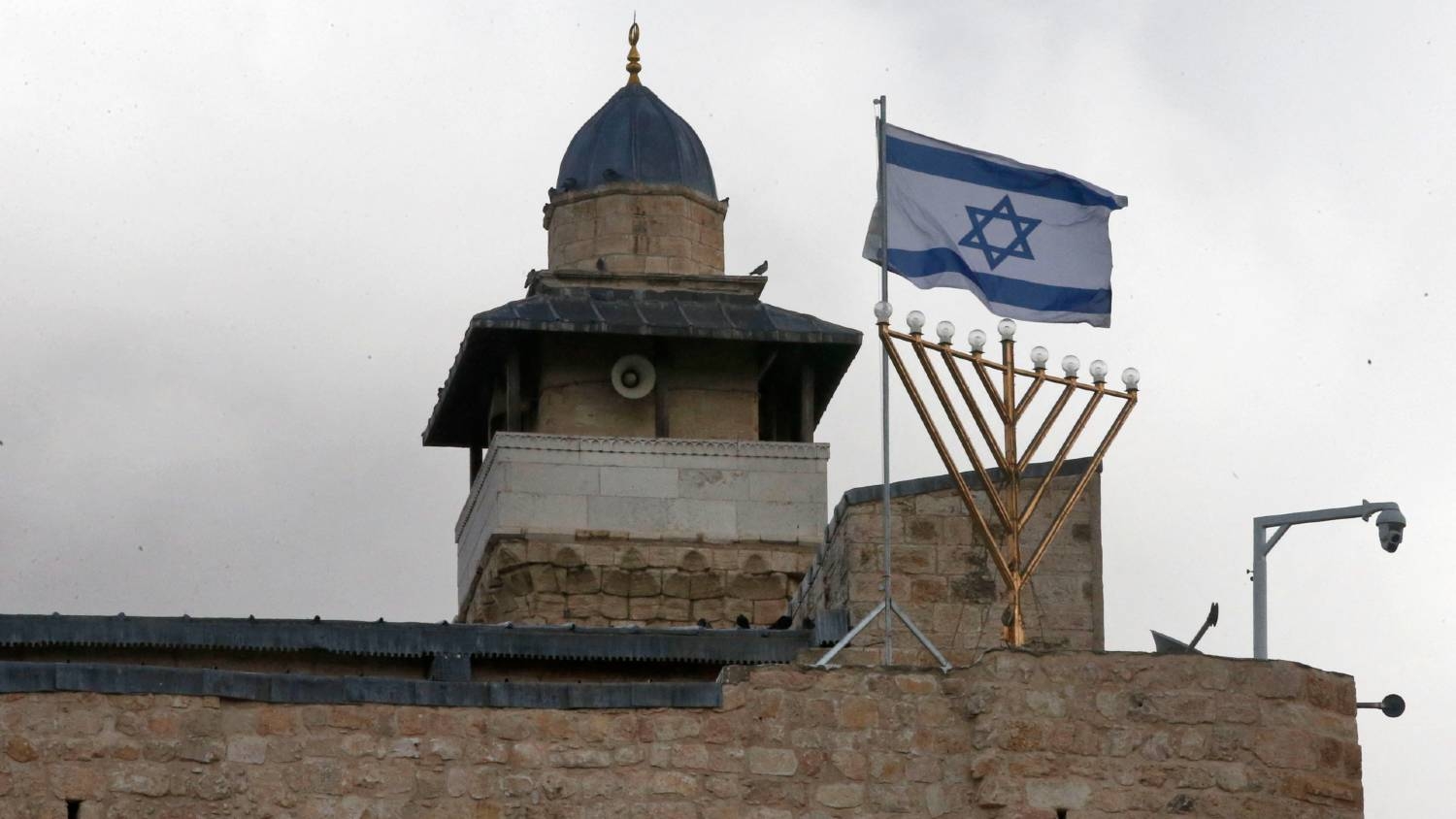
Israeli President Isaac Herzog will light the first candle of Hanukkah accompanied by settler leaders at the Ibrahimi Mosque in the occupied West Bank's city of Hebron.
Hanukkah, which begins on Sunday and ends on 6 December, is a Jewish holiday in which a menorah - a nine-branched candelabra - is lit over eight days and nights.
New MEE newsletter: Jerusalem Dispatch
Sign up to get the latest insights and analysis on Israel-Palestine, alongside Turkey Unpacked and other MEE newsletters
Herzog has angered members of the left-leaning Meretz party, which is part of the broad coalition government ruling Israel. Michal Rozin, a Meretz Knesset member, tweeted that Herzog's decision is "wrong."
"[Israeli] rule in Hebron and in the occupied territories in particular, is mired in the sharpest political controversy. Settlements in Hebron around the cave are the most outrageous. It's very sad that the president gives priority to this," Rozin tweeted, referring to the Cave of the Patriarchs, the term used by Israeli Jews for the site of the Ibrahimi Mosque.
The Palestine Authority (PA) also condemned Herzog's decision.
The PA's Ministry of Foreign Affairs criticised Herzog's planned visit as "provocative" and called on the US administration of President Joe Biden to stop Israeli settlement expansion in the West Bank, following an announcement of Israeli plans to build new settlements north of East Jerusalem and 372 housing units in Hebron.
The PA also called country members in the United Nations to put Israeli settlers leaders, their organisations, "militias and their armed terrorists members," on terrorist lists.
Heavy surveillance
Jewish people believe that the prophets Abraham, his wife Sarah, son Isaac and grandson Jacob were laid to rest in the Cave of the Patriarchs. Herzog is planning to light the Hanukkah menorah in Hebron on Wednesday.
In 1994, the far-right American-Israeli settler Baruch Goldstein opened fire on Palestinian worshippers at the Ibrahimi Mosque, killing 29 men and wounding 100. Following the massacre, Israeli authorities split the shrine in two halves, one for Palestinian worshippers and the other for Jewish worshippers.
Hebron, 32km from occupied East Jerusalem, is divided into two areas: H1, which is under the complete administrative and security control of Palestine Authority (PA); and H2, administratively run by the PA but controlled by the Israeli military, which has the final say on who enters and exits the area.
Some 40,000 Palestinians live in H2, adjacent to 1,000 Israeli settlers, monitored by 18 permanently staffed Israeli military checkpoints.
Israeli forces maintain a heavy presence in Hebron's Old City. Palestinians are not allowed to walk in certain areas, such as Shuhada Street, once a thriving wholesale market that was shut down by Israel and turned into a ghost town during the Second Intifada in 2000.
The city of Hebron is monitored intensely by Israeli forces and police. Surveillance cameras have been mounted every 90 metres in H2, with some installed on the roofs of private houses, leaving Palestinian residents feeling they are constantly being watched.
Herzog is the second-highest ranking Israeli politician to visit Hebron in recent years.
In September 2019, then-prime minister Benjamin Netanyahu became the first Israeli premier to visit Hebron, participating in a ceremony along with settler leaders in the Ibrahimi Mosque in a bid to boost his votes during an election campaign.
Middle East Eye delivers independent and unrivalled coverage and analysis of the Middle East, North Africa and beyond. To learn more about republishing this content and the associated fees, please fill out this form. More about MEE can be found here.


